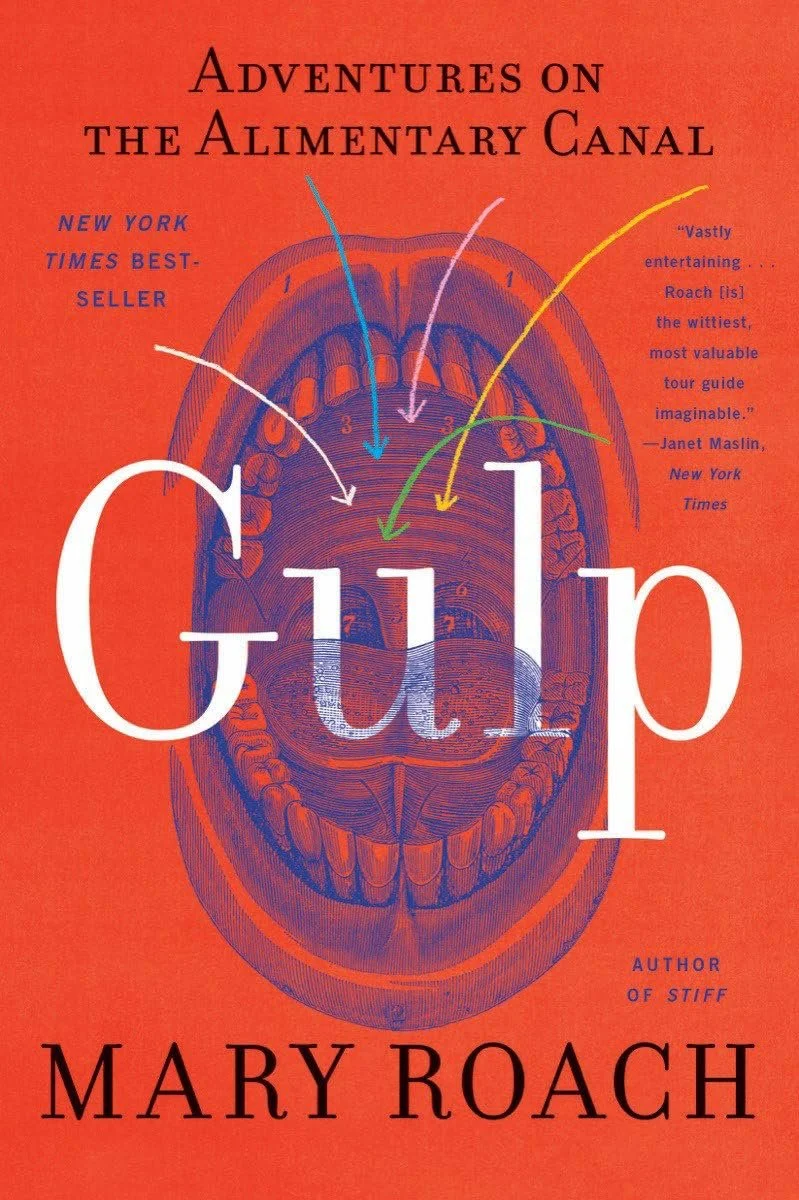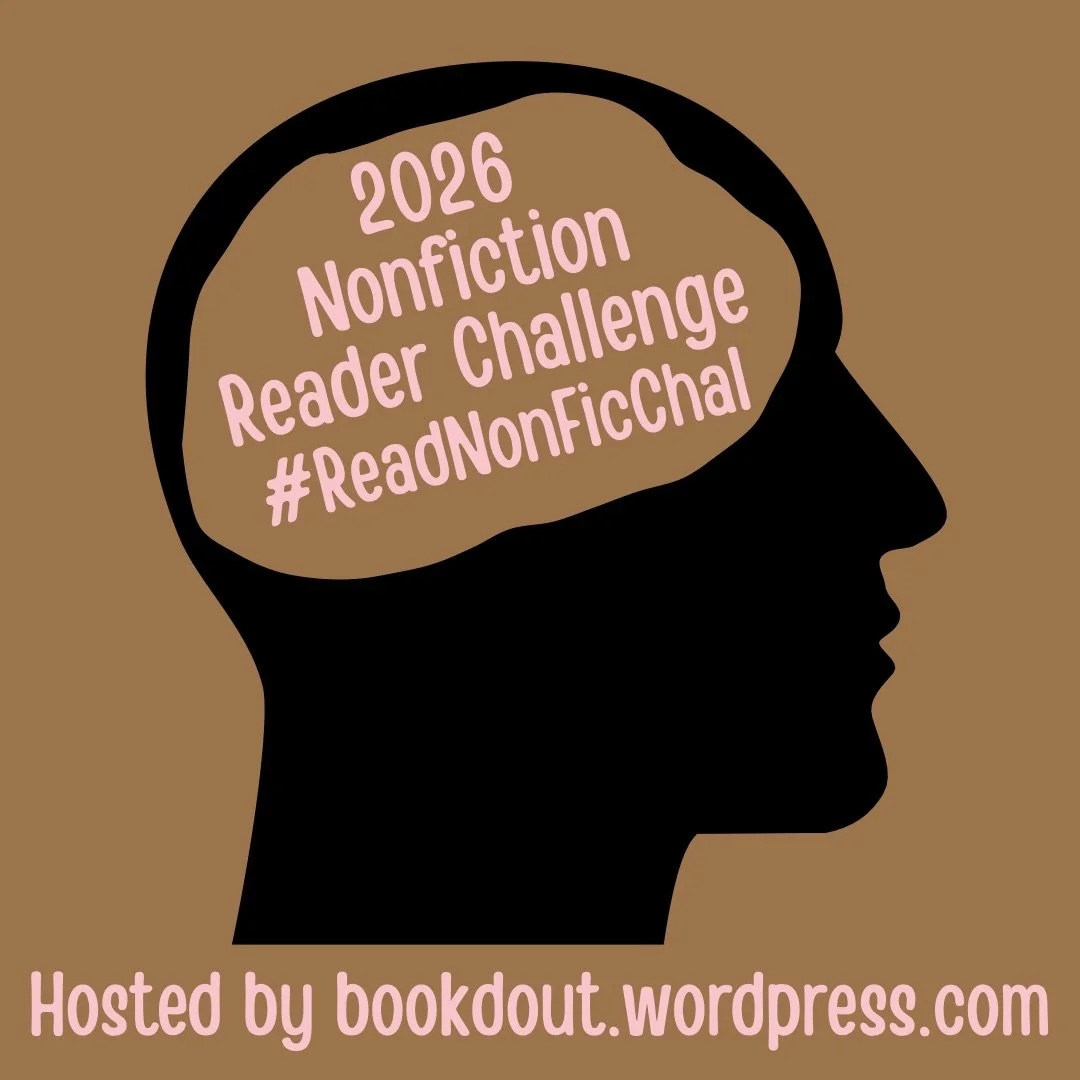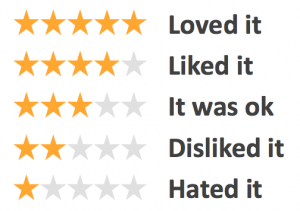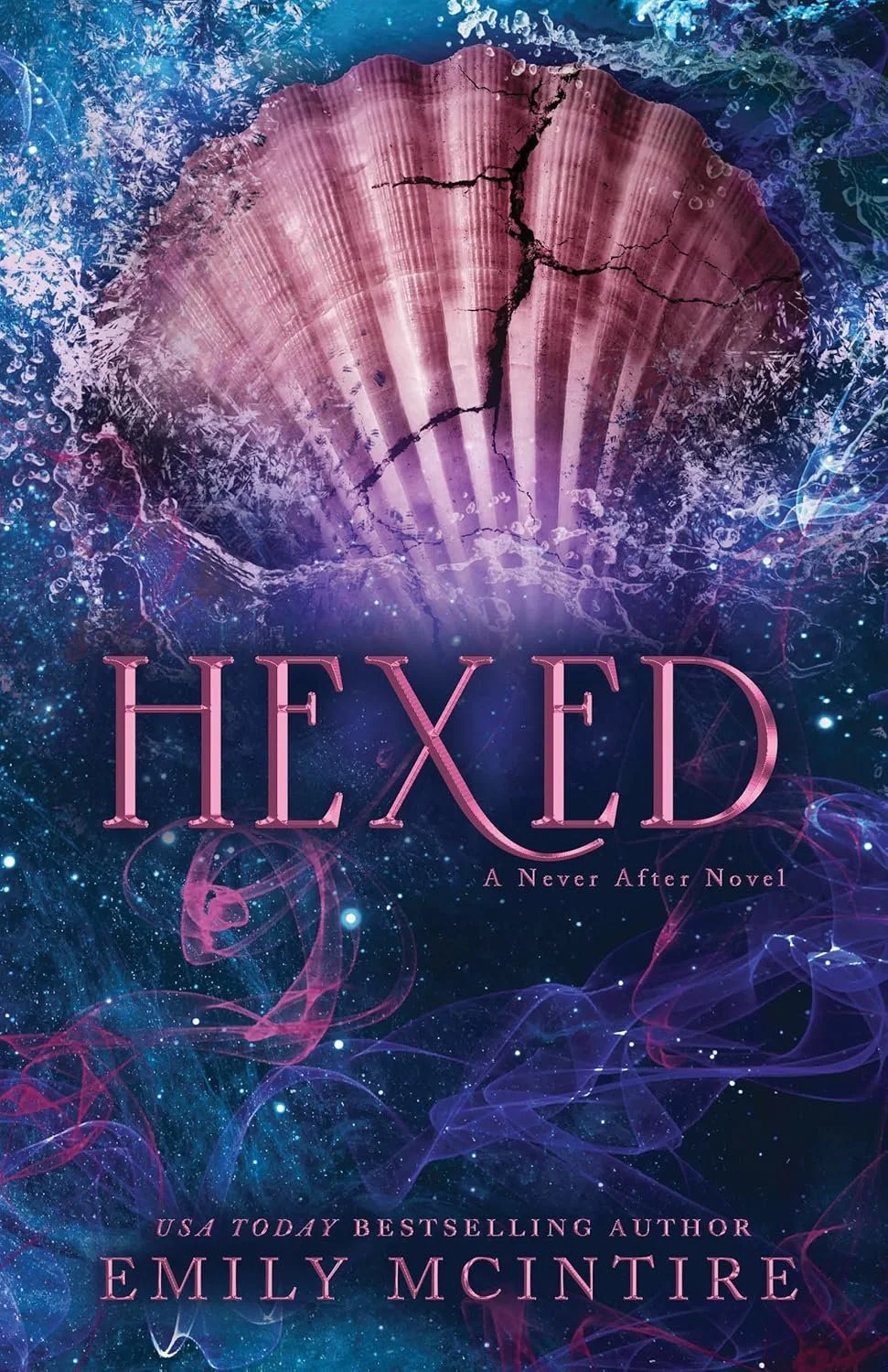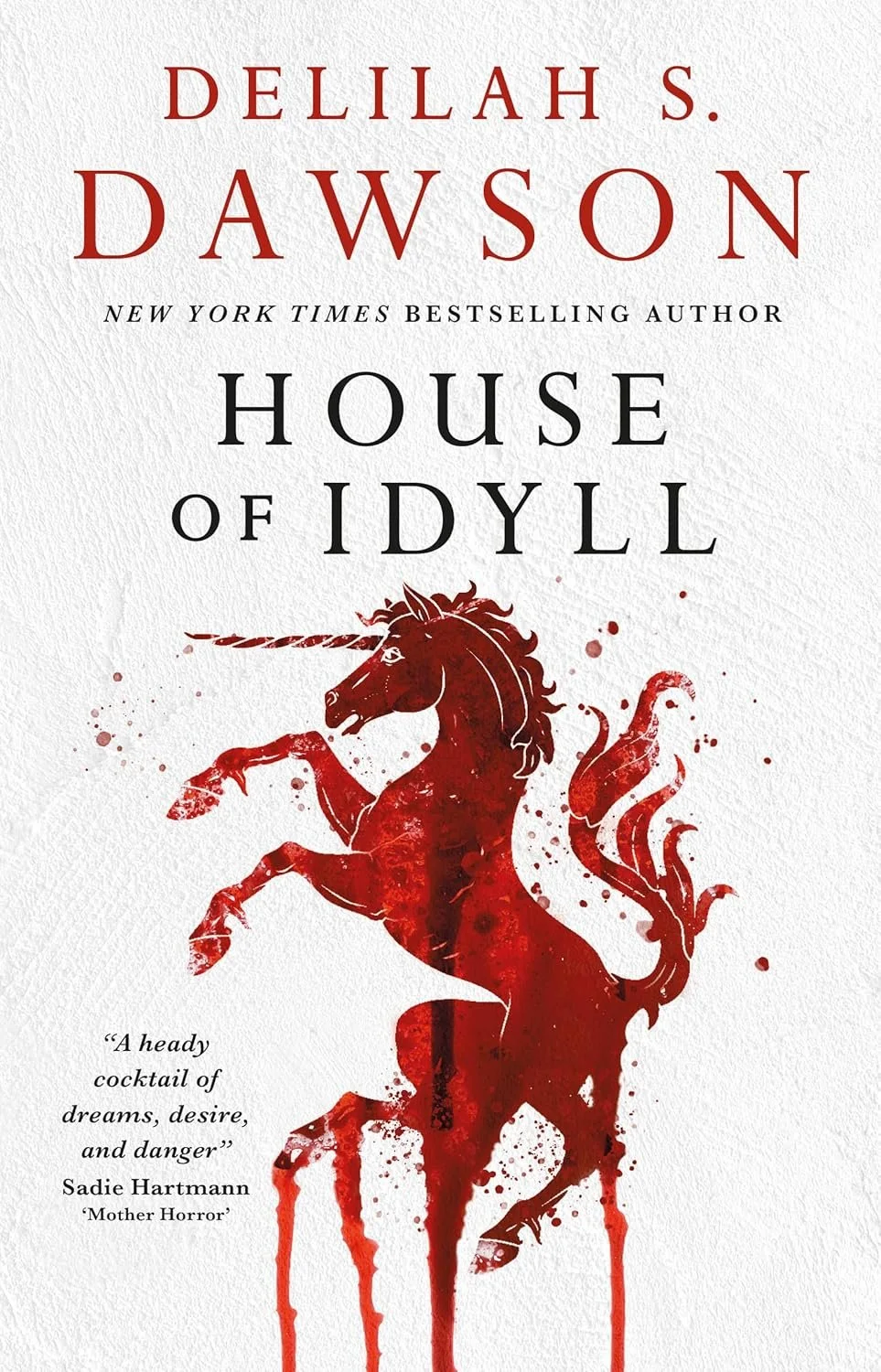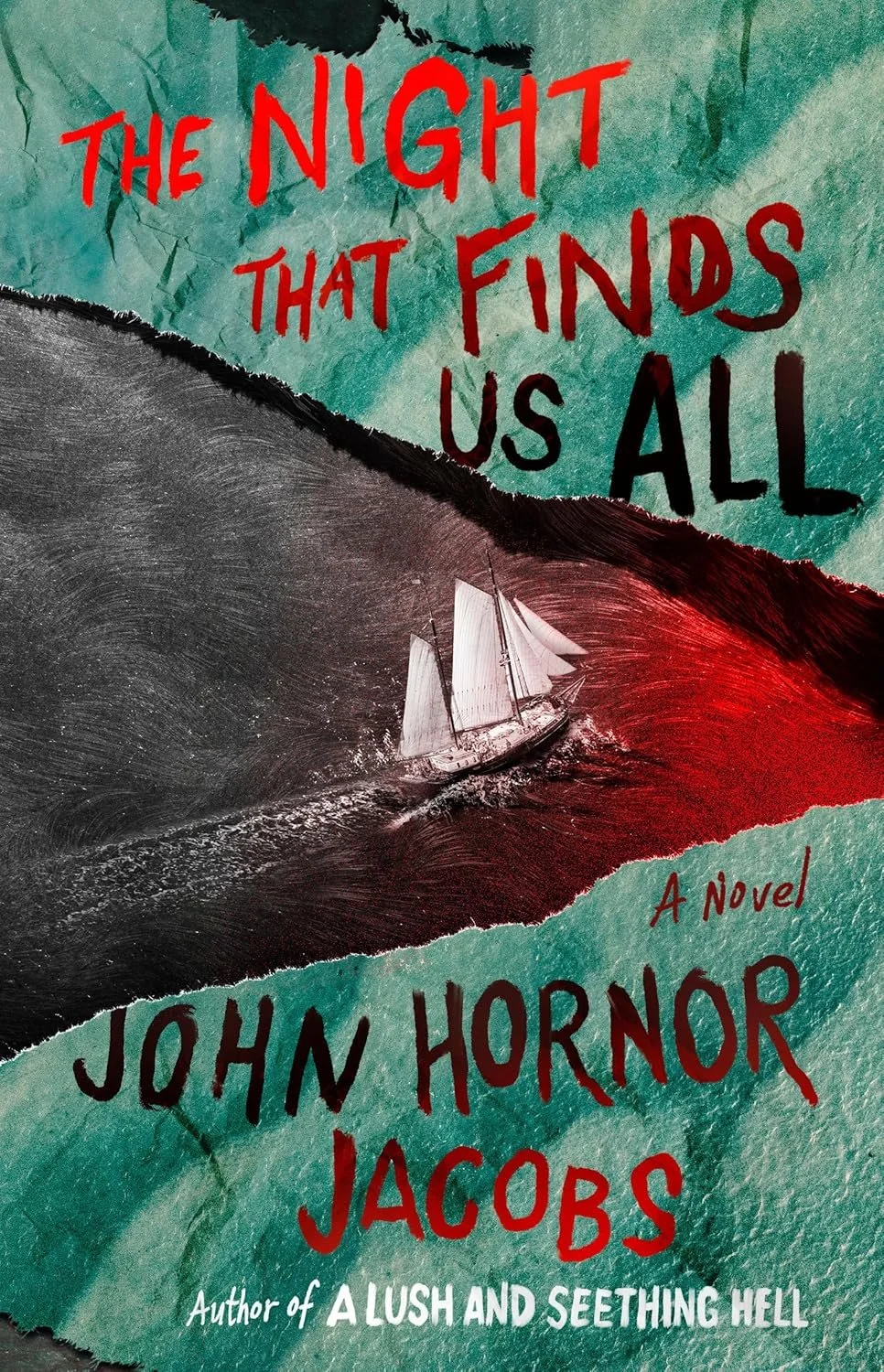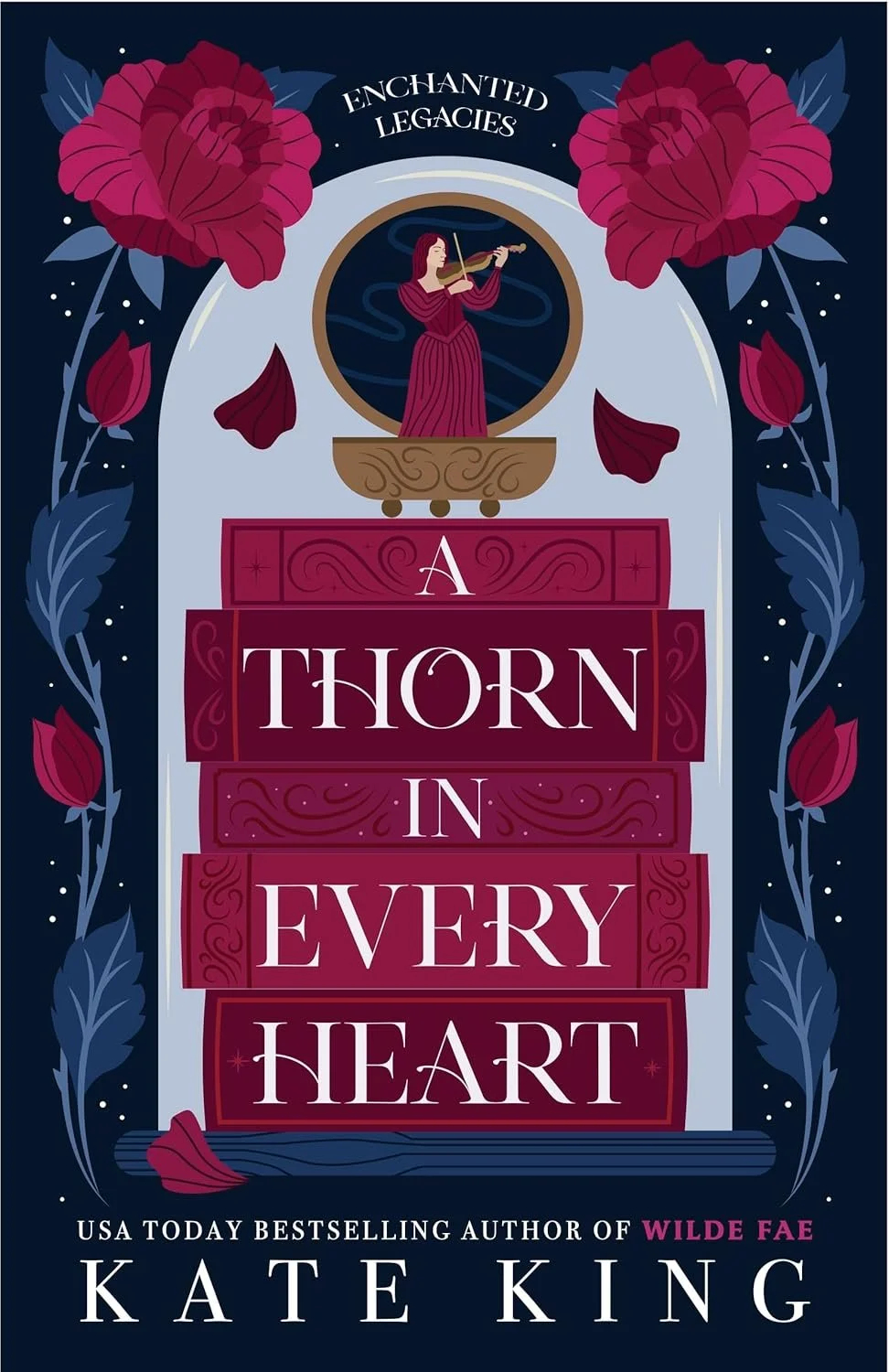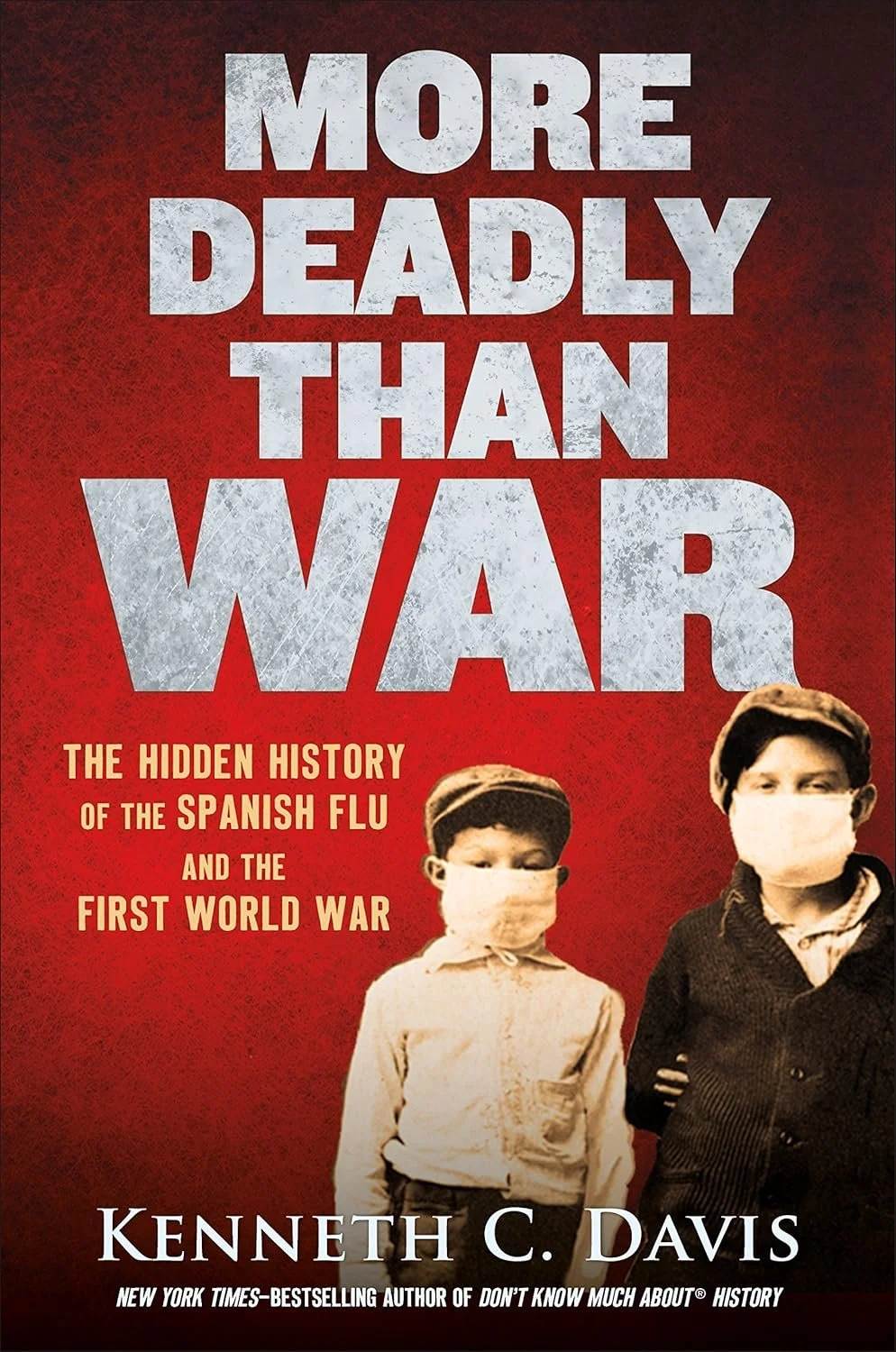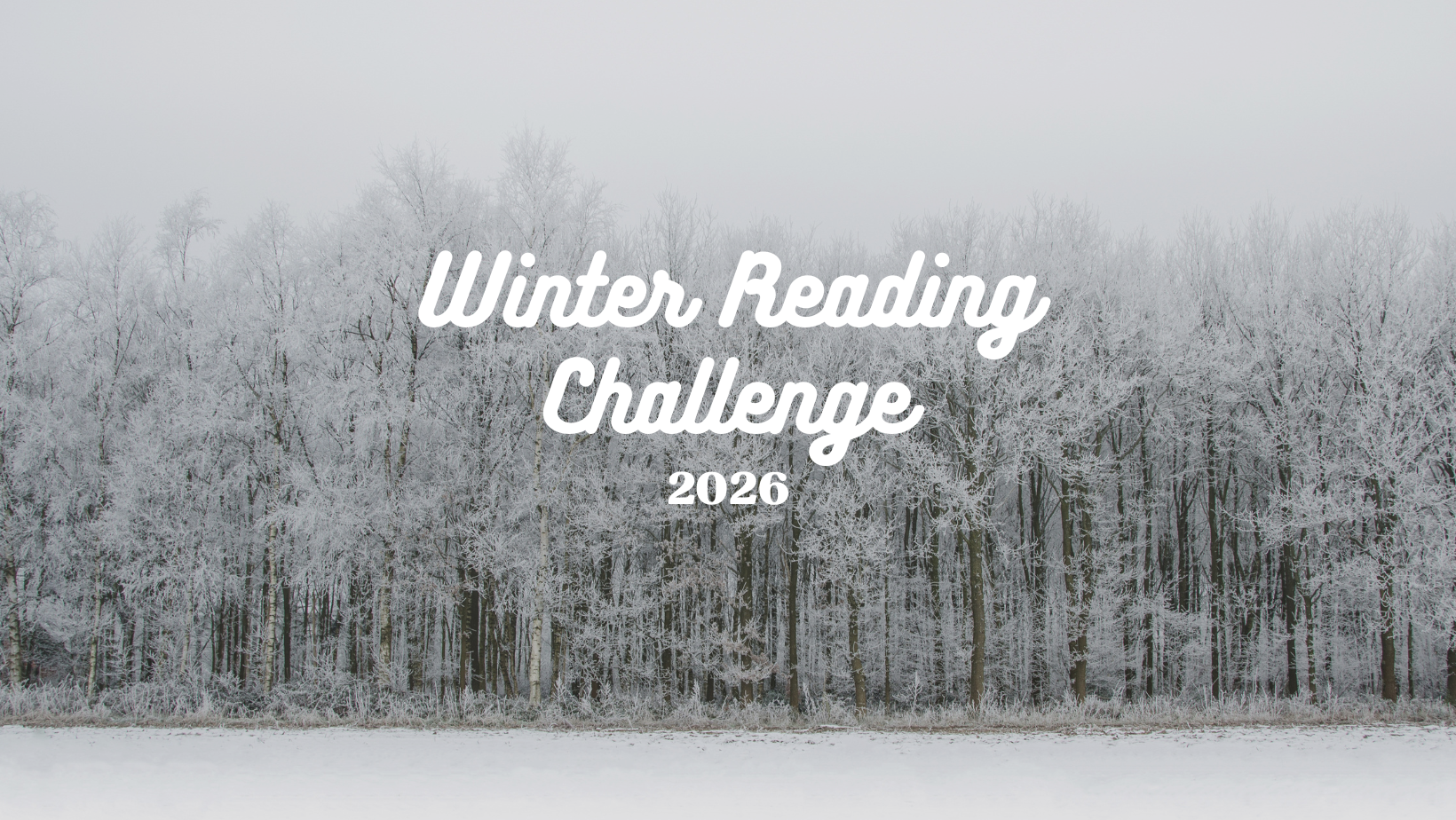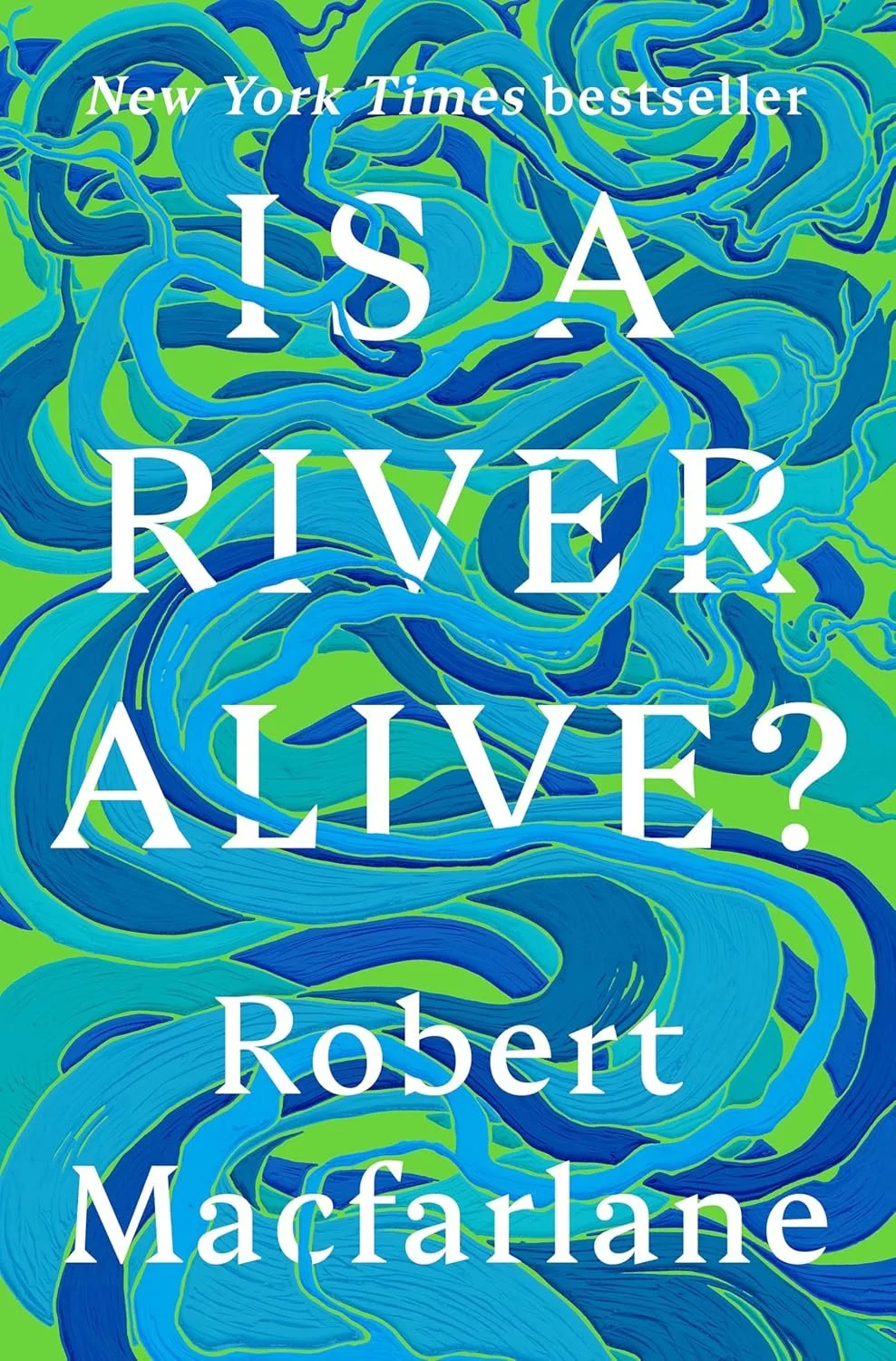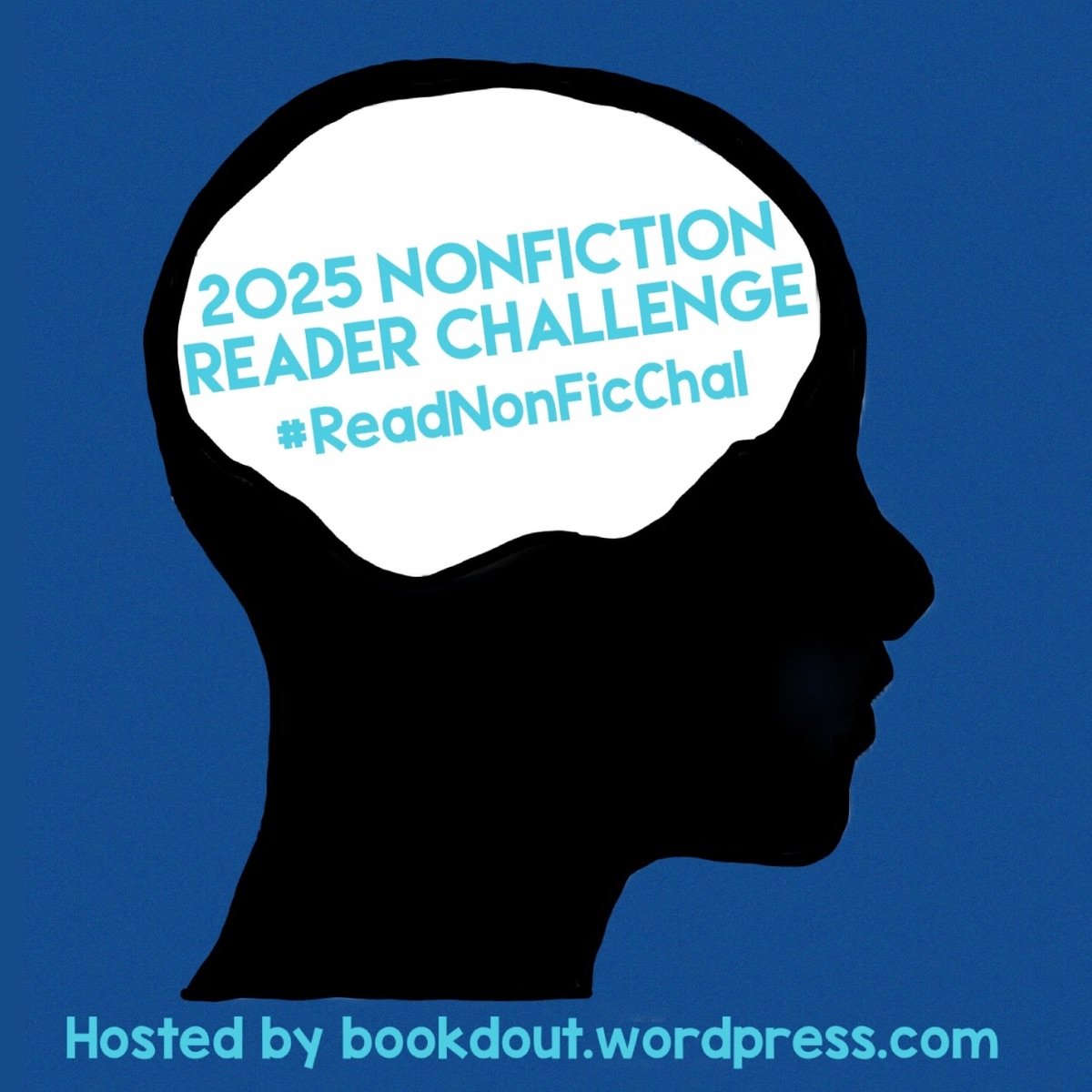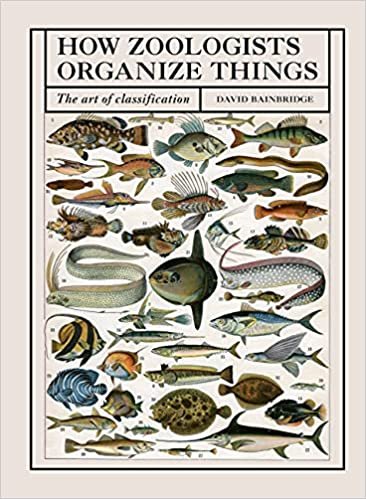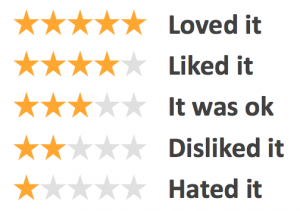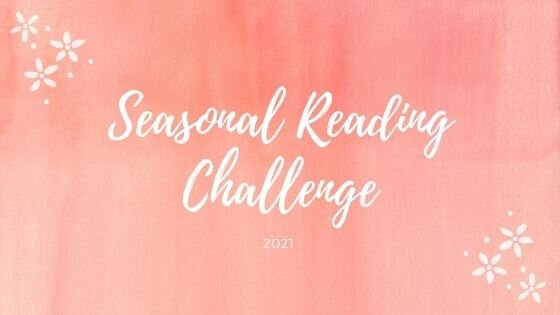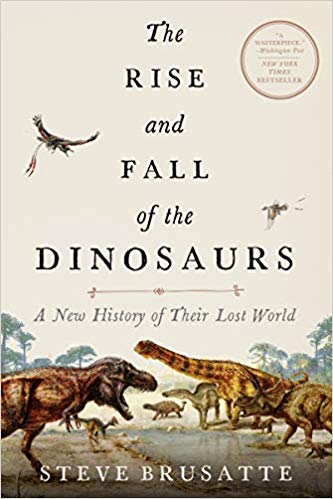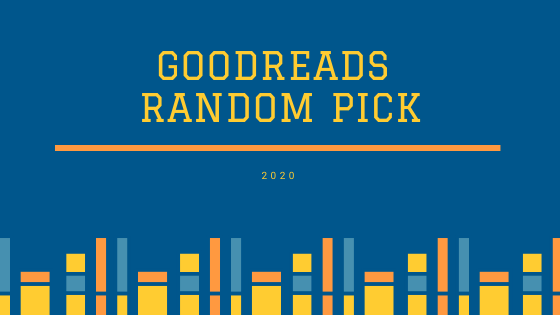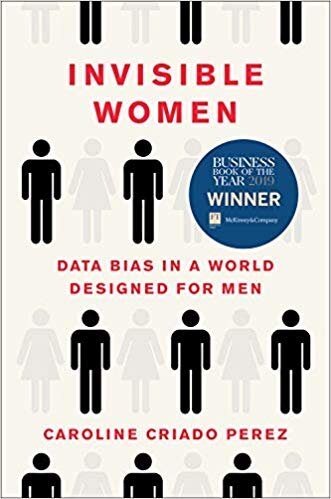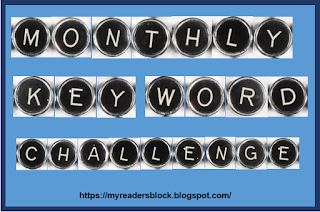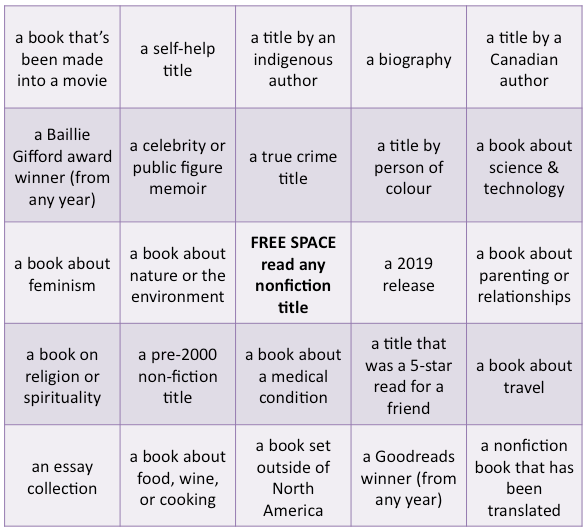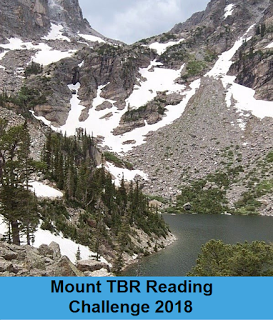Title: Gulp: Adventures on the Alimentary Canal
Author: Mary Roach
Publisher: W.W. Norton & Co. 2013
Genre: Nonfiction - Science
Pages: 348
Rating: 4/5 stars
Reading Challenges: Nonfiction Reader - Science
Where I Got It: Library
“America’s funniest science writer” (Washington Post) takes us down the hatch on an unforgettable tour. The alimentary canal is classic Mary Roach terrain: the questions explored in Gulp are as taboo, in their way, as the cadavers in Stiff and every bit as surreal as the universe of zero gravity explored in Packing for Mars. Why is crunchy food so appealing? Why is it so hard to find words for flavors and smells? Why doesn’t the stomach digest itself? How much can you eat before your stomach bursts? Can constipation kill you? Did it kill Elvis? In Gulp we meet scientists who tackle the questions no one else thinks of―or has the courage to ask. We go on location to a pet-food taste-test lab, a fecal transplant, and into a live stomach to observe the fate of a meal. With Roach at our side, we travel the world, meeting murderers and mad scientists, Eskimos and exorcists (who have occasionally administered holy water rectally), rabbis and terrorists―who, it turns out, for practical reasons do not conceal bombs in their digestive tracts.
Like all of Roach’s books, Gulp is as much about human beings as it is about human bodies.
Another book full of Mary Roach’s dry wit and interesting science stories. I will admit that this one made me a bit uncomfortable a few times. Reading about the alimentary canal can get gross sometimes. But the interesting facts and the stories are so involved and fascination that I got over my gag reflex. I will be continuing to slowly make my way through all of Roach’s books.
Next up on the TBR pile:
